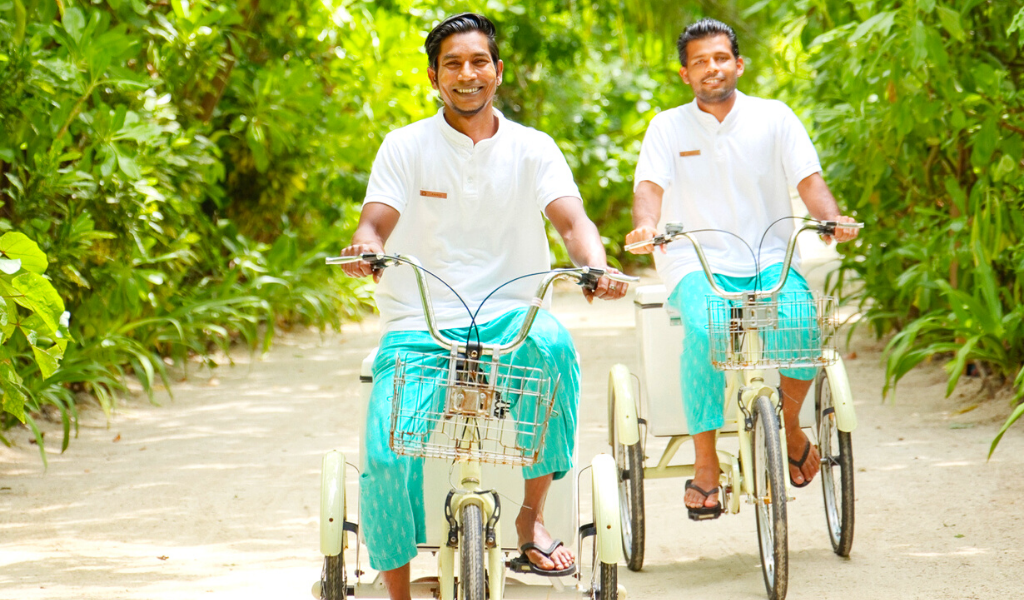

Grand Park Kodhipparu – An Inspiration For Sustainable Tourism
Monday 30th of May 2022
Grand Park Kodhipparu is Park Hotel Group's first luxury resort in the Maldives, located in the North Male Atoll. The resort island is part of a delicate coral reef ecosystem with a diverse array of marine life, including corals, turtles, sharks, dolphins, and lobsters, which are all federally protected. Protected fauna, such as several bird species, can also be found on the terrestrial island ecosystem.
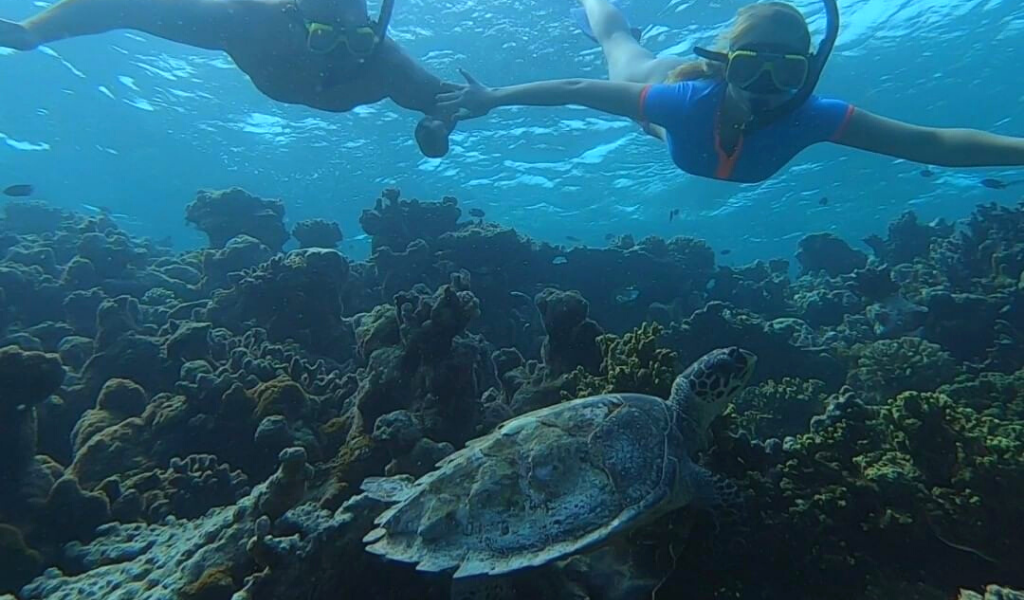
The lovely island resort is dedicated to long-term environmental and social sustainability. The blissful getaway, which was recently recertified for the second year by Green Globe, aspires to be a Sustainability Champion in the future by pursuing a position as a leader in sustainable and responsible tourism.
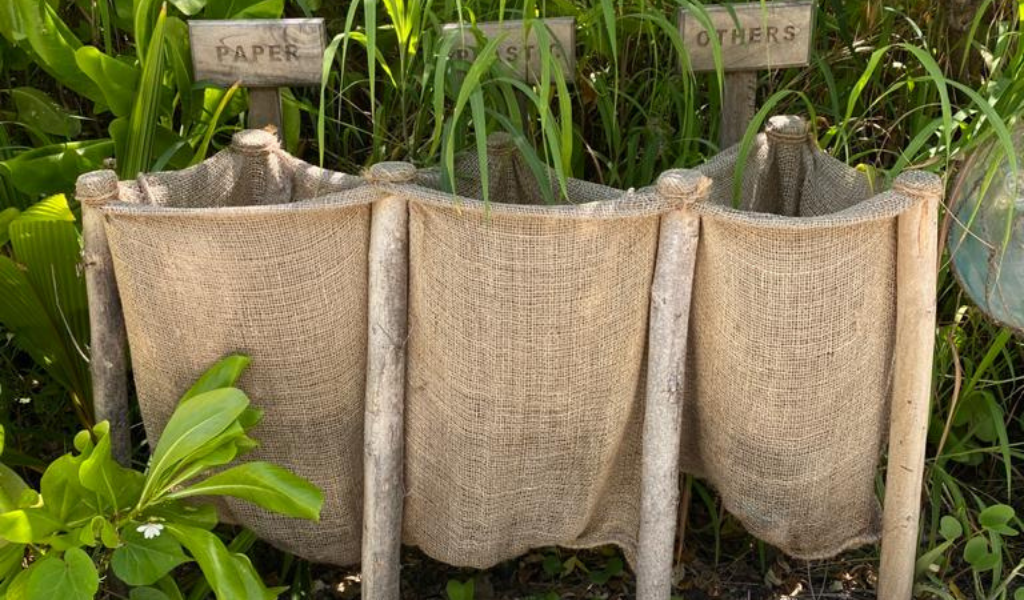
“Receiving Green Globe certification has been extremely encouraging for the team as we continue our journey towards operating more sustainably. I am very proud of the entire Green Team and the leaders around me, my job was only to inspire them, and support them in their initiatives and practices. Overall, it was a team effort.” Expressing his gratitude is the General Manager of Grand Park Kodhipparu, Raffaele Solferino. “The recognition has also been important for all stakeholders involved, including the Maldives as a destination. I hope that our achievement can serve as an example to other resorts to invest in sustainable tourism and encourage their own environmentally friendly practices”.
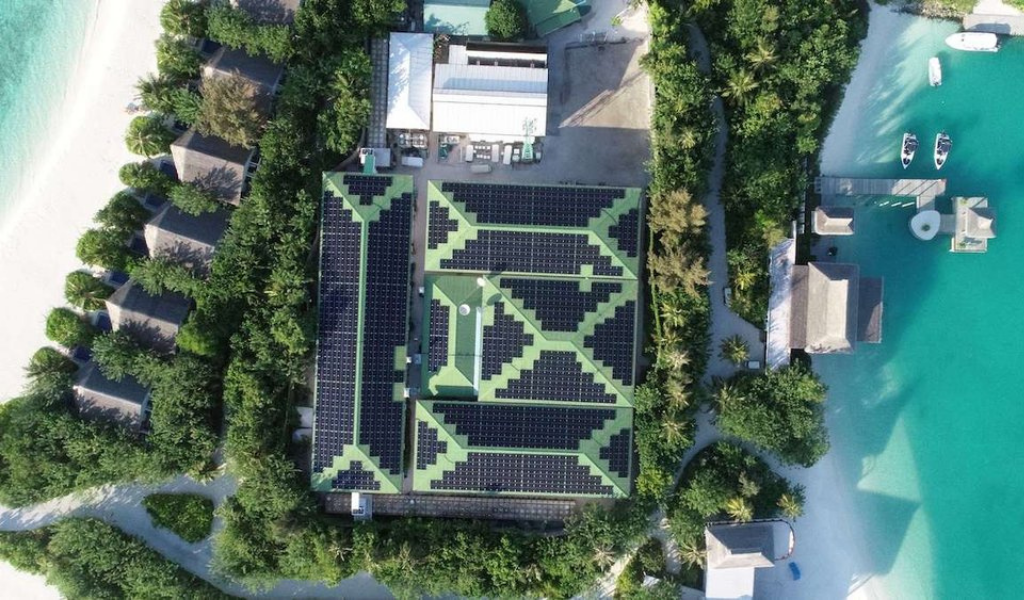
One of their most recognizable achievements would be the resort's solar power system, which produces 478,080 Kwh of clean energy annually, and was launched just over a year ago on Earth Day 2021. This initiative has resulted in a significant reduction in carbon emissions at the island resort, saving up to 150,000 litres of diesel fuel and approximately 172 tons of CO2.
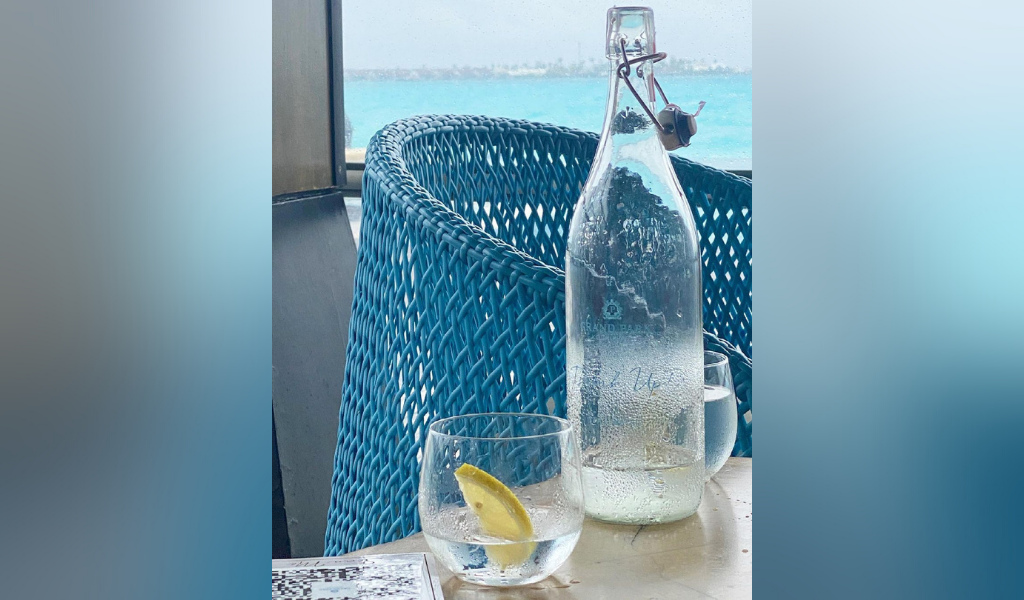
Moreover, water management is also a priority on a small island surrounded by ocean, so Grand Park Kodhipparu has installed an on-site bottling plant to provide drinking water in glass bottles to team members and guests. The island's desalination plant provides drinking water, and 150,000 litres have been served without the use of plastic so far. This initiative has also resulted in a financial benefit, as it has saved USD $29,000 by avoiding the purchase of single-use plastic bottles (approximately 10,000 bottles per month).
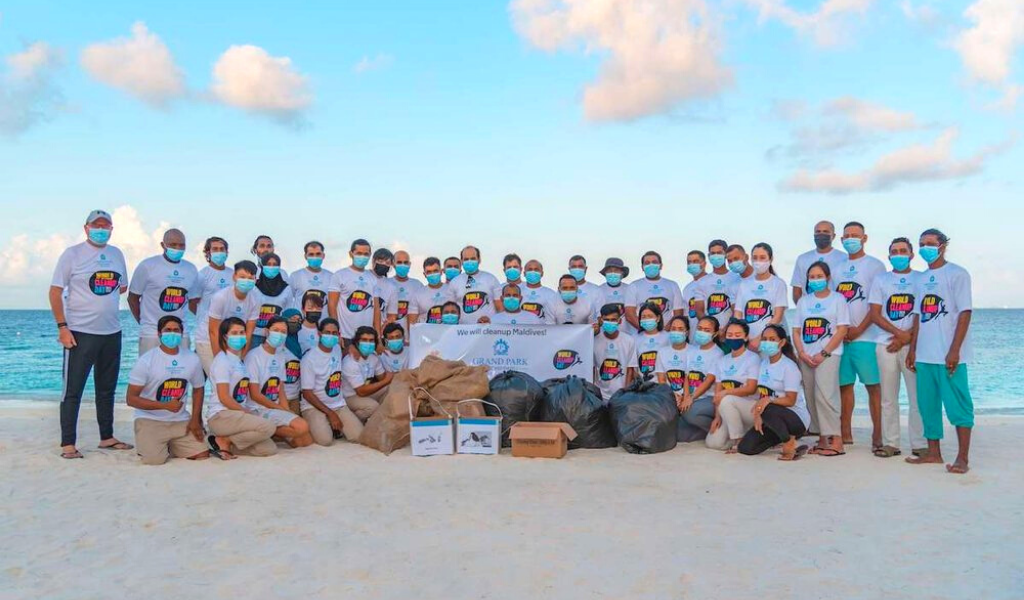
Highlighting the hard work of the dedicated team at Grand Park, The Green Team at Grand Park Kodhipparu is in charge of putting the resort's Sustainability Management Plan into action through a variety of hands-on activities. International Environmental Awareness Days, such as Earth Hour, Earth Day, World Environment Day, and World Oceans Day, are marked by tree-planting and reef cleaning. So far, reef-cleaning and island-cleaning activities have removed an estimated 100kg of litter.
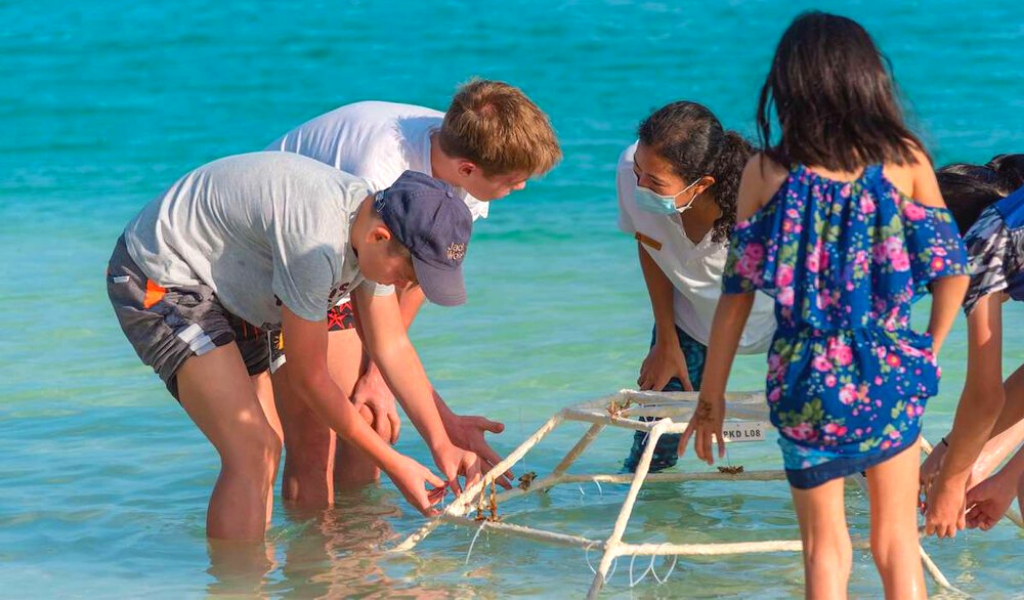
Furthermore, another great incentive taken by the crew would be establishing a number of coral gardening projects, in which coral fragments from the House Reef have been attached to specially constructed underwater structures. An artificial reef installed beneath the reception deck attracts marine life, including many juvenile reef fish species, and is one of the first sights guests see when they arrive at the resort.
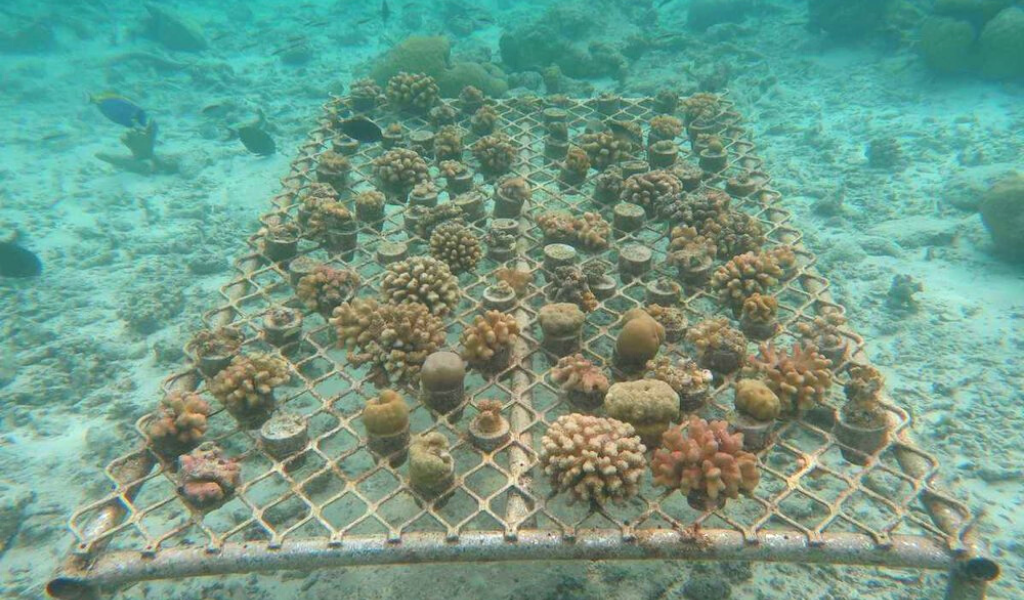
The resort's Coral Reef Restoration program aims to re-establish coral populations in areas where they have declined or disappeared. This is especially important in areas where bleaching and sedimentation have occurred. Collecting and rehabilitating naturally broken coral fragments on coral trees, which serve as nurseries for branching coral, is one way to achieve this.
“Being sustainable in our operations makes absolute business sense as travel and tourism relies heavily on the wellness of our environment to thrive. This is especially so for any resort in the Maldives.” Sharing his thoughts, the GM added. “Leading more sustainable lives is a non-negotiable attitude we must adopt. The sustainability efforts and eco-initiatives we practice at GPK are simply us doing our part for the Maldives as a destination, well-being of our tourists and local community, and the planet. Going completely green is a long-term goal we will continue striving for, while always keeping an open mind to new initiatives we can adopt for a better future,”